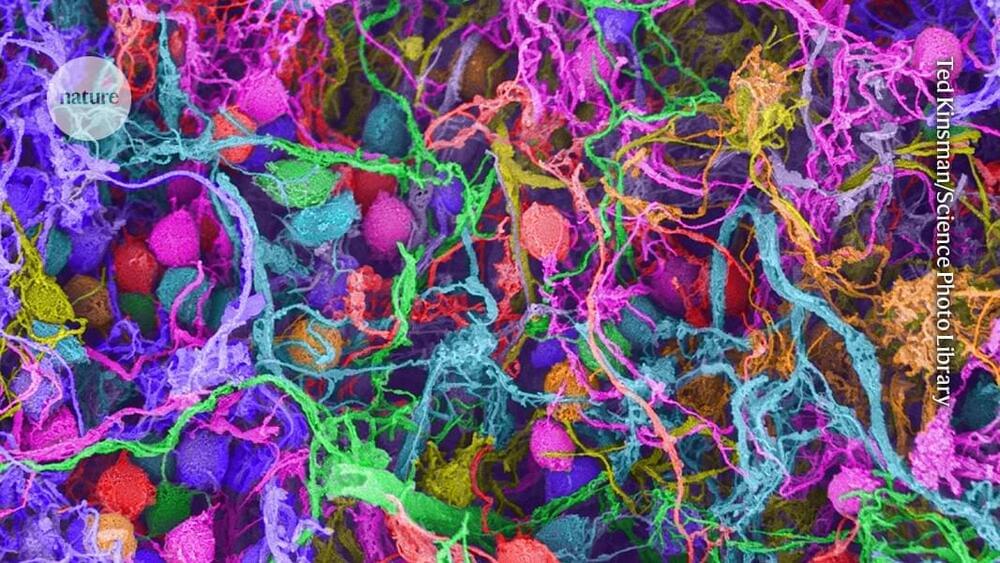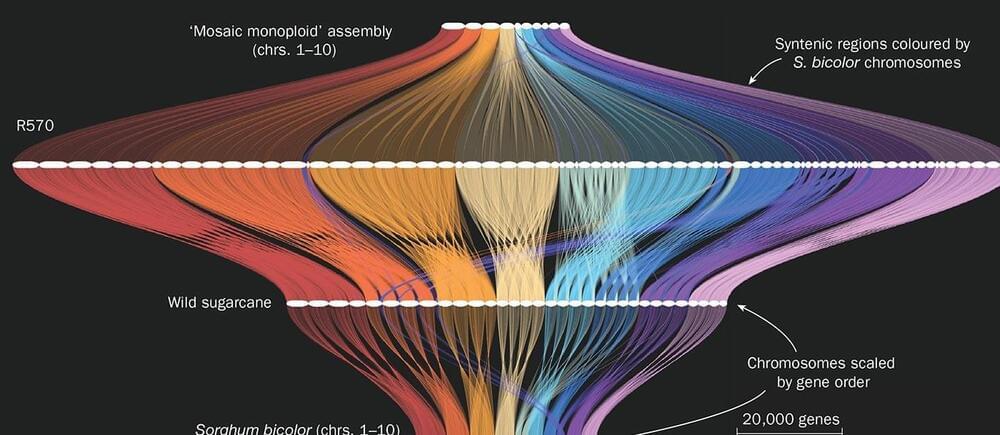When a long-term memory forms, some brain cells experience a rush of electrical activity so strong that it snaps their DNA. Then, an inflammatory response kicks in, repairing this damage and helping to cement the memory, a study in mice shows. The findings, published on 27 March in Nature1, are “extremely exciting”, says Li-Huei Tsai, a neurobiologist at the Massachusetts Institute of Technology in Cambridge who was not involved in the work. They contribute to the picture that forming memories is a “risky business”, she says. Normally, breaks in both strands of the double helix DNA molecule are associated with diseases including cancer. But in this case, the DNA damage-and-repair cycle offers one explanation for how memories might form and last.
It also suggests a tantalizing possibility: this cycle might be faulty in people with neurodegenerative diseases such as Alzheimer’s, causing a build-up of errors in a neuron’s DNA, says study co-author Jelena Radulovic, a neuroscientist at the Albert Einstein College of Medicine in New York City.








